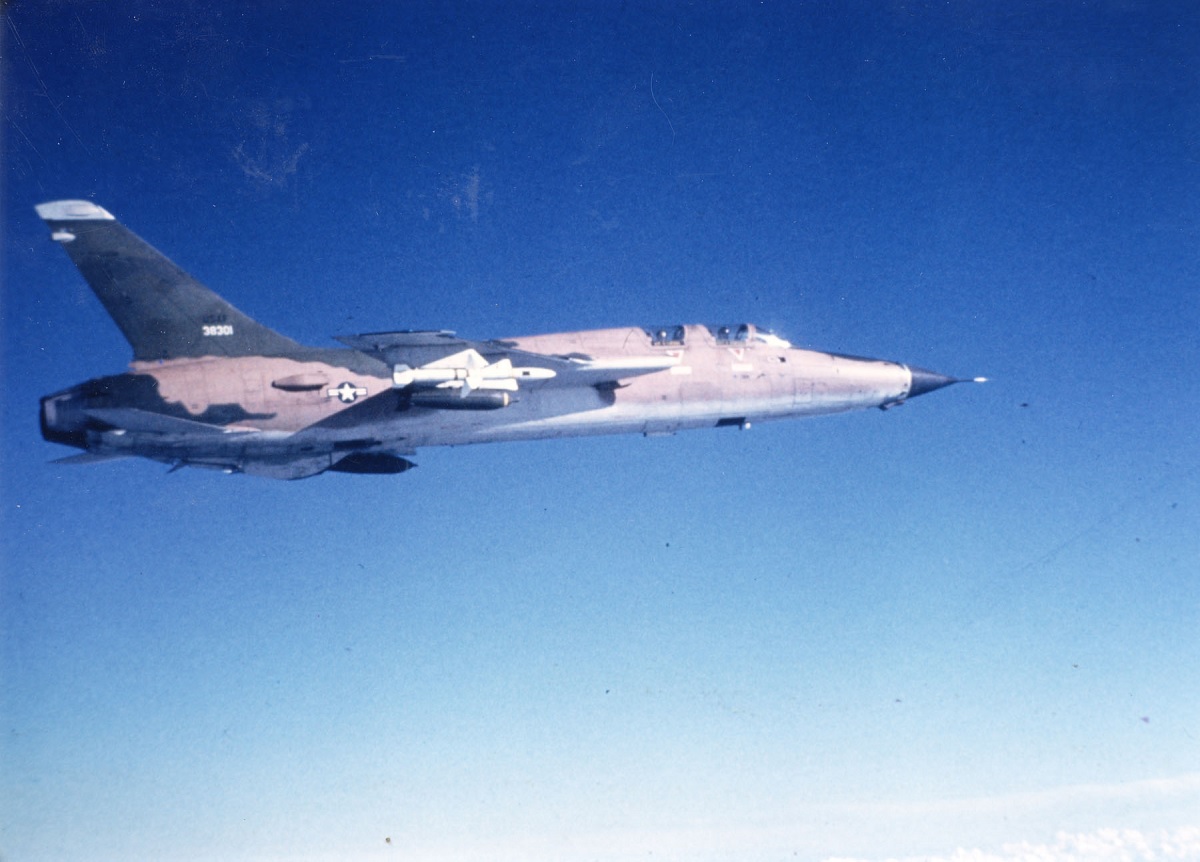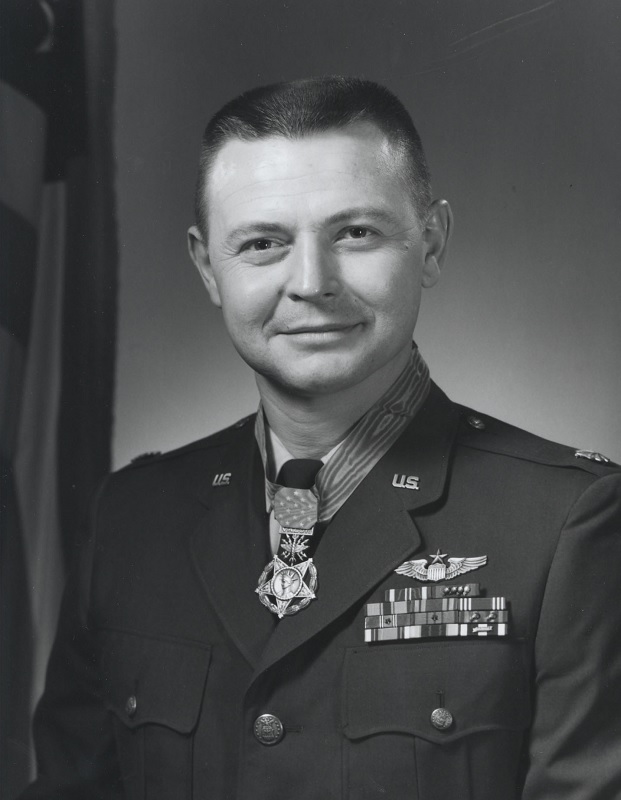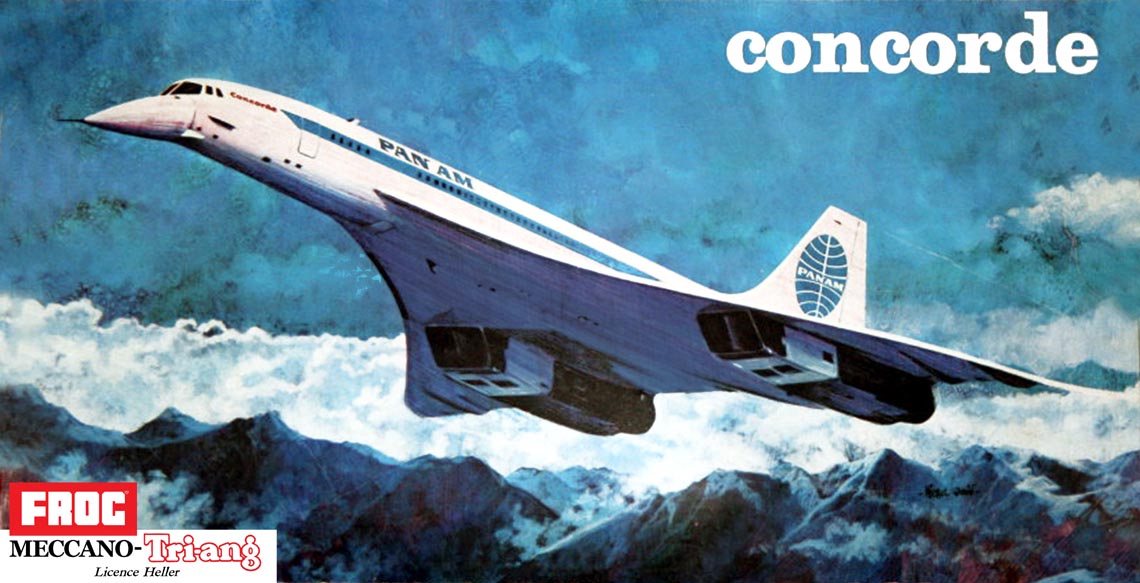An updated model of the renowned Albatross flying boat will be produced by the Australian company Amphibian Aerospace Industries
A new variant of the renowned Albatross flying boat was produced by the Australian company Amphibian Aerospace Industries (AAI). The “new Albatross,” known as G-111T, is powered by brand-new Pratt & Whitney PT6A-67F engines, which offer significantly better performance, fuel economy, and reliability.
The announcement of the project’s advancement, including the engine choice, was made at the beginning of December 2022, according to Aviacionline, following years of coordination between the company and the Northern Territory government to encourage the development of a manufacturing sector in Darwin.
AAI President Khoa Hoang praised the Australian Territory government for its efforts in reestablishing aircraft production in the nation:
«It had been a long time since sovereign aircraft manufacturing on this scale was considered viable in Australia, but the G-111T Albatross has one of the largest business cases in aircraft manufacturing, which makes it ideal to be manufactured locally and perfect to do right here in the Northern Territory.
«Minister Michael Gunner shared our view that the G-111T Albatross is an incredible aircraft of great practical utility to mankind, regardless of whether it is for passenger transport, humanitarian aid, search and rescue, cargo transport, coastal surveillance, fight against drugs, or a range of other roles.
«[This] announcement is just the very beginning, as we are already working on next-generation technologies to produce new variations, such as the Albatross with a zero-emission hybrid engine and even a stretched 44-seat variant.»
According to the Amphibian Aerospace Industries website, the company was established as the manufacturing and product development arm of the Australian-owned Amphibian Aircraft group of companies. AAI’s goal is to become a global leader in the design and manufacture of amphibian aerospace capabilities.

AAI is the holder of the US Federal Aviation Administration “Type Certificate” for the HU-16 and G-111 Albatross amphibious aircraft. The HU-16 and G-111 Albatross amphibious aircraft’s “Type Certificate,” issued by the US Federal Aviation Administration, is held by AAI. In addition to developing its own twin turboprop variants, the company offers continuing product support and development for the Albatross family of aircraft.
The G-111T served as the new Albatross base design.
According to AAI, several variants will follow the G-111T on the market:
- Combi Passenger/Cargo – 28 pax plus 3 crew and luggage in a comfortable cabin equipped with a galley and restroom easily reconfigured to 4.5 T of useable cargo capacity for water operations.
- Aeromedevac – capable of transporting up to 12 stretcher cases in a single lift with basic patient monitoring systems.
- Aeromedical – 4-6 stretchers with the capacity for more sophisticated medical monitoring and treatment capabilities.
- Search & Rescue – capable of missions of up to 12 hours, (extendable to 20 hours with external fuel tanks) equipped with mission systems and sensors tailored to specific customer requirements.
The Albatross was initially created by Grumman to fulfill a US Navy request for an amphibious utility aircraft that could also take off and land on snow and ice using skis. Over 1,000 United Nations personnel were rescued by albatrosses during the Korean War from rivers and coastal waters, frequently from behind enemy lines. Also, they performed a great deal of dangerous and dramatic rescues in Southeast Asia, occasionally taxiing across long distances of rough, open water when unable to take off.
On October 24, 1947, the prototype made its first flight. Shortly after, the US Air Force ordered a number of them for use in air-sea rescue missions like the SA-16As. 297 A types were delivered by Grumman to the Air Force, primarily for the Air Rescue Service. The USAF changed the name to HU-16 in 1962.
A new variant with a 16 1/2 foot increase in wingspan and wider aileron and tail surfaces was created by Grumman in 1955. With these upgrades, many A models were upgraded to the B configuration starting in 1957.
Photo by: U.S. Navy modified by FOX 52 via Wikipedia and Amphibian Aerospace Industries

























